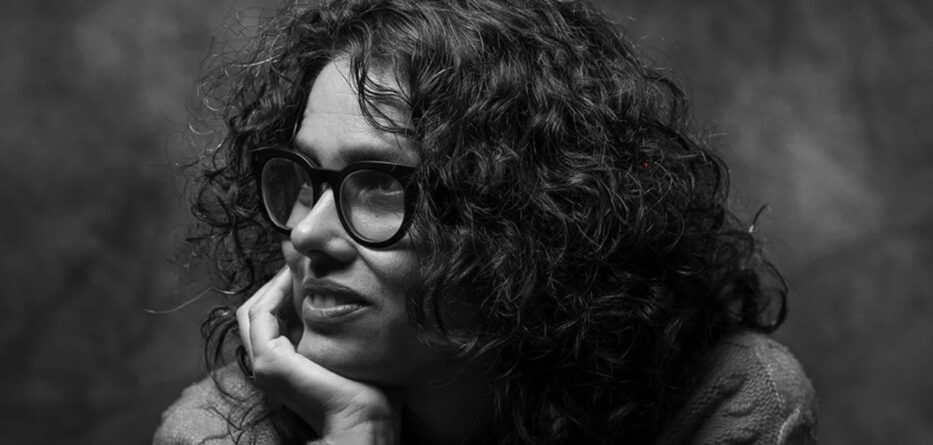Arturo Hilario
El Observador
Plenty has been said, written and created to quantify the life of esteemed Mexican painter Frida Kahlo (1907-1954), whose legacy has become progressively mystical with every passing decade. Her name today is tied to the LGBTQ movement, to Latinidad and its evolving cultural movement throughout the world, and the strength of women. Her incredible art is an expression of being a Mexican woman and her vast numbers of output allow people to get a glimpse into the incredible mind and view of Kahlo’s world.
Though in her lifetime, her status was yet to be eternalized in unanimous praise and legendary status.
Frida, a new documentary now streaming on Prime Video, chronicles the artist’s life and times by imaginatively using her own words and art to paint a unique portrait of her life. Using Kahlo’s illustrated diaries, letters, essays and print interviews, along with archive footage, photographs and most vividly, animated versions of her art, the documentary tries to tell a truthful biography of the icon from her own viewpoint.
Director and Editor Carla Gutiérrez makes her directorial debut with Frida, previously working as an editor on documentaries about other strong women in history, RBG, about the Supreme Court Justice Ruth Bader Ginsburg, and Julia, which tells the story of cookbook author and television star Julia Child.
Originally from Peru, Gutiérrez went to school at Stanford and would attend the Cinequest Film Festival as a student filmmaker. Frida had its Bay Area premiere at the festival on Monday March 11, 2024.
Recently the director shared with us why she wanted to bring this documentary to life, how she connects with the artist as a fellow Latina, and why it was ultimately important to leave the final word to Kahlo.
Why did you feel that this part of Frida was missing from the public record, or why did you feel that this version of her story was something that needed to be told?
You know, I had that question at the very beginning of this. Her life has been examined so much by academics in books. There’s so many books about Frida. There’s also a number of films that have been done about Frida. So, like, “why another one and why now?”
And what I felt is that I knew that her voice was captured in a lot of her writings, that she had expressed her emotions throughout her life. And I also knew that there hadn’t been a documentary that really focused on her own words completely and on her own voice.
I just felt that we really needed to kind of give her the mic and allow her to carry her own story and tell us in a very intimate way her feelings throughout her life. So I just thought it was an opportunity to bring her in a very intimate way and in a new way to audiences through this film.
You worked in the past on documentaries and projects on the lives of many inspiring women like RBG and Julia Child. So what was it like to get the opportunity to spearhead this project and work on bringing Frida’s voice and world to life?
So it was this project that brought me to directing. It was because of this story itself, because, yes, as an editor, as a filmmaker in the past, I’ve been attracted to work in stories of great women. I call them the ‘badasses’ of history. But I had a personal connection with this story.
I knew Frida emotionally, and I connected to her art so intimately and in an emotional way for so many years that I felt that I had that connection. Now, that doesn’t make me unique. There’s so many people that have that connection as well, but also as a Latina immigrant I knew her world, I knew that universe that made Frida in a very personal way.
And then as a documentary editor, I felt that I had the experience to be able to tell her story this way, the way that I really wanted to tell it. And so that was the goal, and that’s how it started.
Frida is now streaming on Prime Video.
Spanish Photo Caption: Frida Kahlo cuenta su propia historia con sus diarios escritos, ensayos y obras de arte en un nuevo documental revelador, Frida. Photo Credit: Amazon / MGM
PULLQUOTE: “I just felt that we really needed to kind of give her the mic and allow her to carry her own story and tell us in a very intimate way her feelings throughout her life.”
“Además como inmigrante latina conocí su mundo, conocí ese universo que hizo a Frida de una manera muy personal.”






